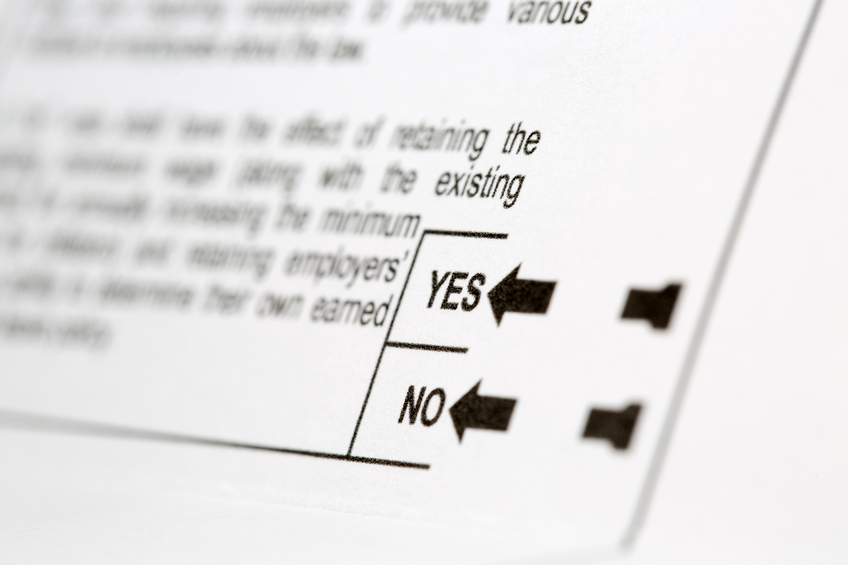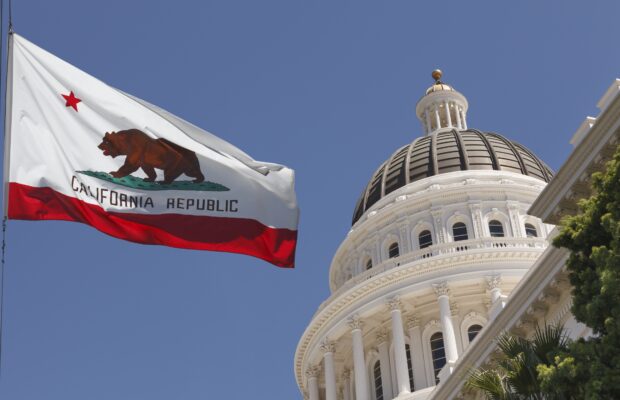San Francisco voters will again confront a formidable ballot during the special election on June 7, 2022, with an array of ballot propositions to consider. Key land use-related measures are as follows:
Proposition A (Muni Reliability and Street Safety Bond): Proposition A would provide up to $400,000,000 in general obligation bonds that would be used to repair, construct, and improve Muni bus yards, facilities, transportation infrastructure and equipment, and construct and redesign streets and sidewalks. The measure proposes to raise these funds through an estimated average tax of 1 cent per $100 of assessed property value. Landlords can pass through to tenants in rent controlled units 50 percent of this real property tax increase. The Citizen’s General Obligation Bond Oversight Committee would be required to conduct an annual review of the bond expenditures, and provide an annual report to the Mayor and the Board of Supervisors.
Measure A was proposed by the Mayor and approved by an 11-0 vote of the Board of Supervisors. Proponents of Proposition A, including the Board of Supervisors, SPUR, the San Francisco Chronicle Editorial Board, State Senator Scott Wiener, and the San Francisco Chamber of Commerce, argue that the measure is necessary to save Muni and to maintain the City’s strong public transit system, particularly in light of the significant impacts to ridership during the pandemic, and to invest in improved street safety. Opponents, including Larry Marso, the YES on Recall Chesa Boudin Committee, and the San Francisco Taxpayers Association, argue that work from home is here to stay, that support of the City’s transit system is unworthy of this level of debt burden, and that Muni has a questionable record of completing capital projects on time and on budget. Proposition A requires a two-thirds vote to pass.
Proposition B (Building Inspection Commission): Proposition B would amend the Charter to change the appointment process and qualifications for Building Inspection Commission (BIC) members, and would grant the Mayor appointment authority over the Director of the Department of Building Inspection (DBI). The BIC has sole authority to appoint and remove the DBI Director. The BIC has seven members, four appointed by the Mayor and three appointed by the Board President. By Charter, the Mayor’s appointees must include a structural engineer, a licensed architect, a residential builder, and a representative of a nonprofit housing developer, and the Board President’s nominees must include a residential tenant, a residential landlord, and a member of the public.
Proposition B would allow the BIC to forward three candidates for Director to the Mayor, who would have the authority to appoint and effectively remove the Director. The Mayoral BIC appointees would include two that are either structural engineers, architects, or residential builders, and two without required qualifications. The Board appointees would include one that is either a residential tenant or current or former employee of a nonprofit housing organization, and two without required qualifications. All Mayoral BIC appointments would require confirmation by the Board of Supervisors. The Charter amendment would also require that all appointments emphasize the inclusion of members concerned with tenant and habitability issues.
Proposition B was placed on the ballot by an 11-0 vote of the Board of Supervisors. Proponents of Proposition B, including the Board of Supervisors, SPUR, the San Francisco Chronicle Editorial Board, the San Francisco Labor Council, and a former Building Inspection Commissioner, argue that the measure is an appropriate and necessary response to a series of high profile scandals, including some that involved DBI staff and BIC members. They further state that the amendments would bring more rigor and transparency to the appointment process and would reduce the potential for special interest groups to control the BIC. There are no official opponents of the measure although some proponents state that the measure may not do enough to address the challenges faced by the BIC and DBI. This measure requires a simple majority to pass.
Proposition E (Behested Payments): Proposition E would expand the prohibition on the solicitation of behested payments to include certain City contractors seeking Board of Supervisors approval. Behested payments are donations to individuals or organizations made at the request of a City official for legislative, governmental, or charitable purposes. In 2021, the Board of Supervisors approved a law prohibiting elected officials, department heads, commissioners, and some City employees from requesting behested payments. Now Proposition E, based on a 50-page report on public integrity released by the City Controller’s office, would also prevent the Board of Supervisors from soliciting these types of payments.
Proposition E was placed on the ballot through a proposed ordinance signed by five Supervisors. Proponents, including certain members of the Board of Supervisors, the San Francisco Chronicle Editorial Board, the San Francisco Labor Council, and a group of former City Ethics Commissioners, allege that behested payments are a form of pay-to-play politics, indirectly enriching public officials through their preferred organizations or funds. Opponents of the proposition, including other members of the Board of Supervisors and State Senator Scott Wiener, maintain that the measure would prevent the Board of Supervisors from helping with nonprofit fundraising on issues of vital City importance, including homelessness, housing, equity, public safety, and environmental justice, where potential donors are also City contractors. SPUR also opposes the proposition because it believes that the changes could be made legislatively and that the ballot measure makes future changes unreasonably difficult. This measure requires a simple majority to pass.



